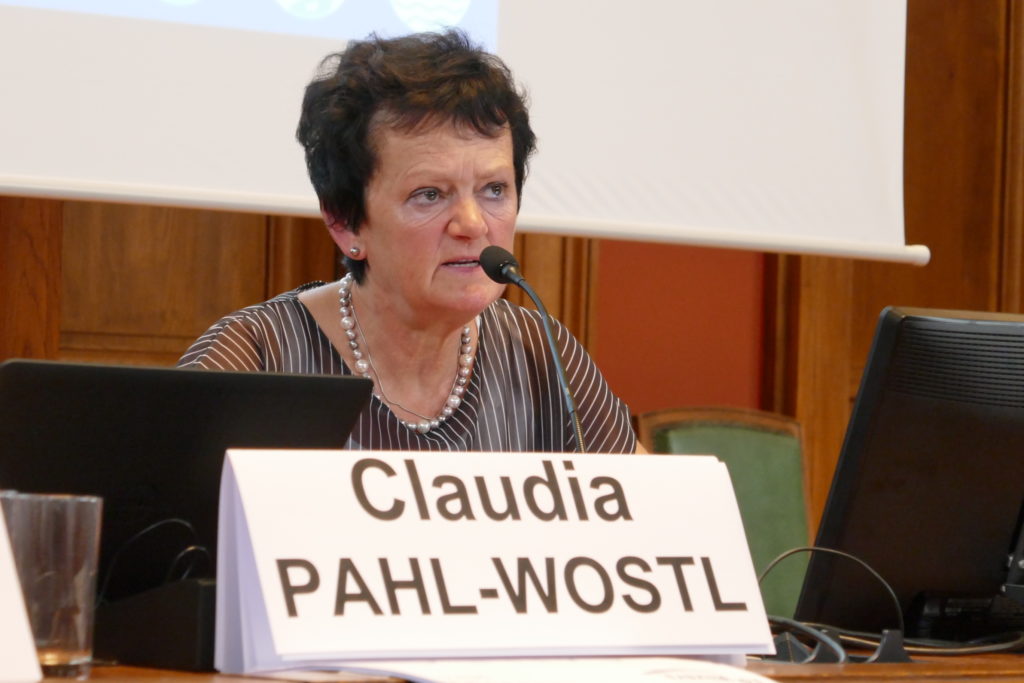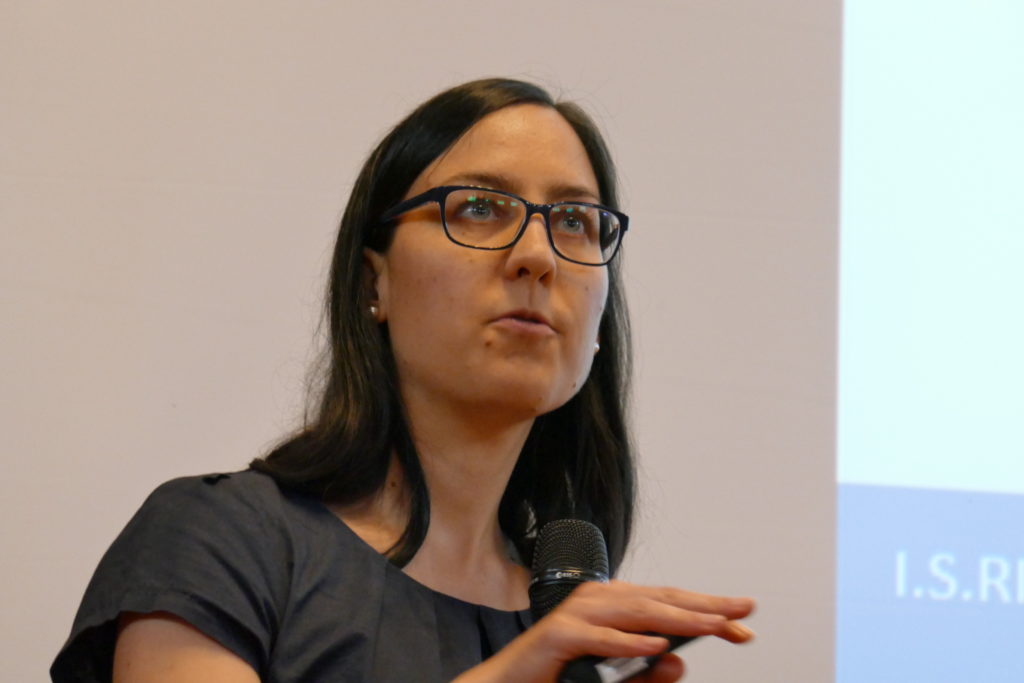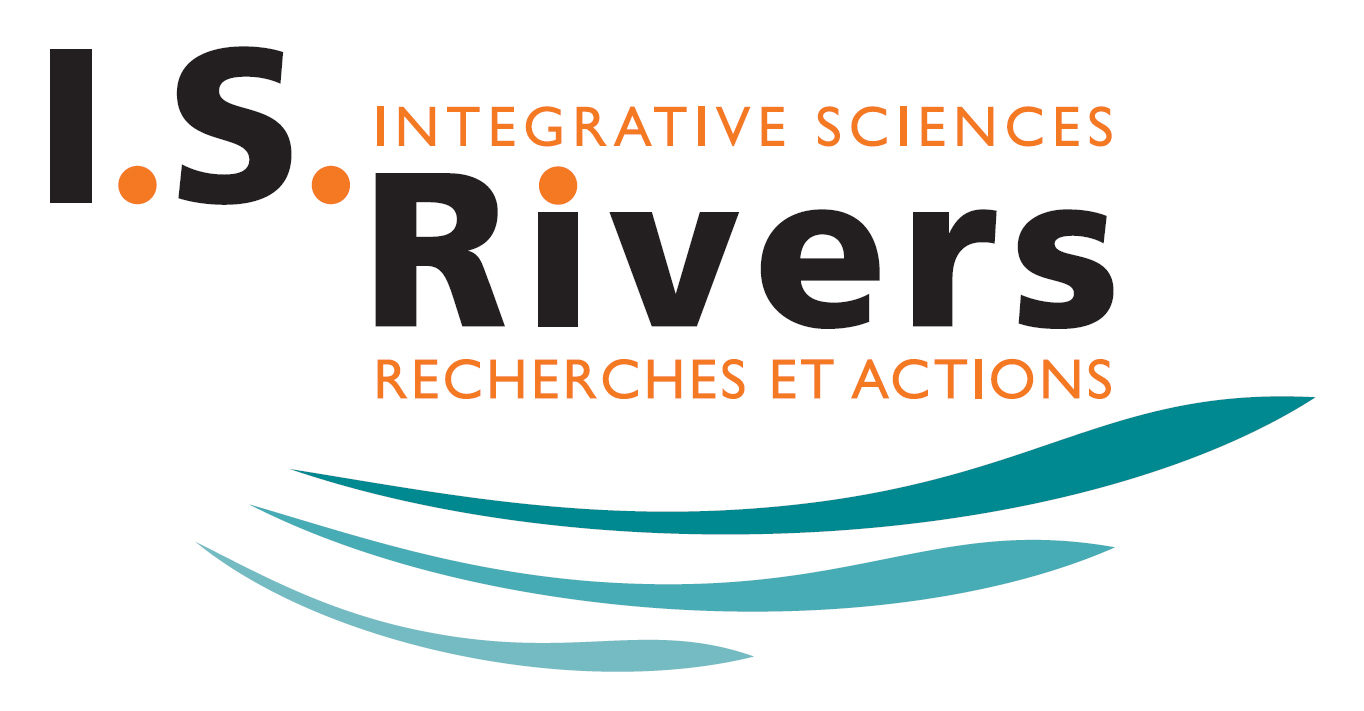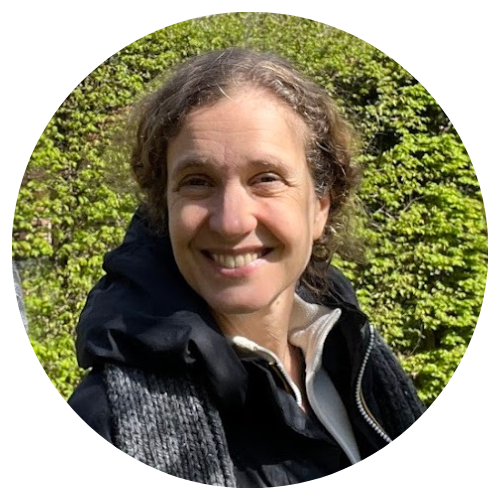
Gabrielle Bouleau
Gabrielle Bouleau is a socio-politician at INRAE, chief engineer of bridges, water and forests, and researcher at LISIS, scientific director of phase 9 of PIREN Seine. She is also in charge of ‘public policy, risk and adaptation’ in the EcoSocio department and chairs the ANSES ethics committee.
Her research focuses on water policies and the greening of policies in France, Europe and the United States. Gabrielle Bouleau is currently involved in the ANR project ‘Bluestate: conditions for State policies that better preserve water resources and ecosystems’ 2025-2028.
Futoshi Nakamura
Dr. Futoshi Nakamura has made significant contributions not only in applied fields such as watershed and river management and forestry but also in basic sciences, including geomorphology and ecology. He is now Professor Emeritus at Hokkaido University, Japan. His primary research interest lies in the linkages between forests, rivers, and wetlands. He has received numerous prestigious awards, including the Japan Forest Society Award (2005), the Biwako Prize for Ecology (2009), The MIDORI Academic Prize (2012), and the Medal with Purple Ribbon from the Japanese Government (2018). Dr. Nakamura has served on the editorial boards of international journals such as Geomorphology, Earth Surface Processes and Landforms, and Water. He has also contributed to public service as a member of the Central Environment Council, the National Land Council, and has held key leadership roles, including Chairperson of the Kushiro Wetland Restoration Council and Chair of the Shiretoko World Natural Heritage Area Scientific Committee.

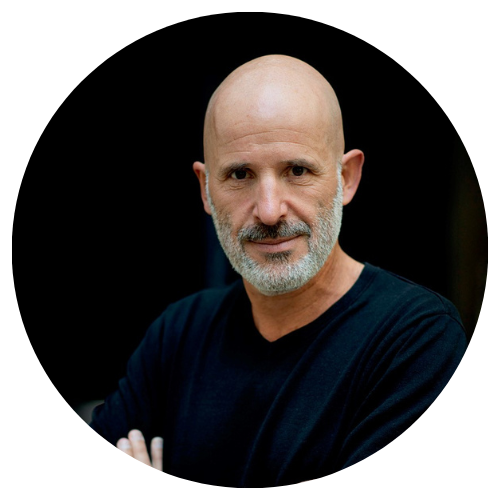
Étienne Davodeau
Étienne Davodeau is a comic strip artist. Over the past thirty years, he has published books of fiction (such as Lulu femme nue, adapted into a film by Sólveig Anspach starring Karin Viard) and non-fiction (Les ignorants, Le droit du sol, etc.).
Loire, his latest story, can be seen as a comic strip portrait of a river. In the form of a summer chronicle along the river, it looks at our relationship with the world of living non-humans.
Atle Harby
Atle Harby is a senior research scientist at SINTEF Energy Research in Norway. He has 30 years of experience in research and development with emphasis on environmental impacts of hydropower and river regulations, the role of hydropower in energy systems, water resources problems, greenhouse gas emissions from hydropower, climate change impacts and energy storage technologies. Atle Harby has published 48 peer-reviewed journal articles, and more than 100 conference papers in international and national seminars and conferences. He has been co- and guest editor for books and journals, contributed to IPCC and IEA reports, and he has also written numerous popular science articles for the wider public. He was a member of Norway’s Nature Risk Commission, appointed by the government. For the coming four years, he will be coordinating the EU-project “ReHydro” – Demonstration of Sustainable Hydropower Refurbishment (https://www.rehydro.eu/).
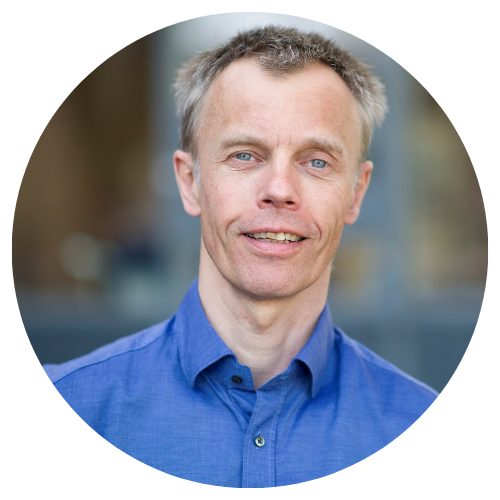
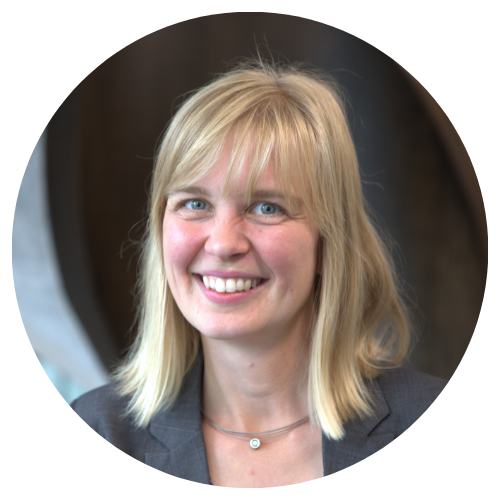
Christiane Zarfl
Christiane Zarfl is Professor of Environmental Systems Analysis at the Faculty of Science, University of Tübingen, Germany, since 2020. By training, she is an Applied Systems Scientist with a focus on Environmental Modelling. She was a researcher at the Institute for Environmental Systems Research Osnabrück, scientific officer at the Leibniz Institute of Freshwater Ecology and Inland Fisheries, Berlin, and a Junior Professor at the University of Tübingen, with research stays in Switzerland (Eawag, ETH) and the Brussels office of the Leibniz Association. Christiane’s research uses field, laboratory and remote data in combination with mathematical models to understand interactions in human-environment systems related to (river) ecosystem health in general and freshwater quality and availability in particular. She is particularly interested in providing data and process understanding to support discussions on
sustainable river management and in maintaining (freshwater) biodiversity in a context of global change.
Darío Salinas Palacios
Darío Salinas Palacios holds a doctorate in geography, specialising in geopolitics, from the University of Paris 8 and the University of Murcia. He is a research associate at the Institut Français de Géopolitique (IFG) and head of the Water, Environment and Climate division at Cassini, a consultancy specialising in geopolitical risk analysis and cartographic production, working with NGOs, companies, institutions and governments.
His research focuses on geopolitical issues relating to water and climate, in particular conflicts over water governance, cross-border cooperation and the geopolitical risks associated with climate change. He has conducted in-depth studies in semi-arid regions such as Mexico, the United States, Spain, Morocco, Syria, Iraq and Tunisia.
He has also taught at several European universities and is currently Associate Professor of the Master in International Affairs and Diplomacy at the United Nations Institute for Training and Research (UNITAR).

During each edition, prestigious speakers are present at the I.S.Rivers conference.
